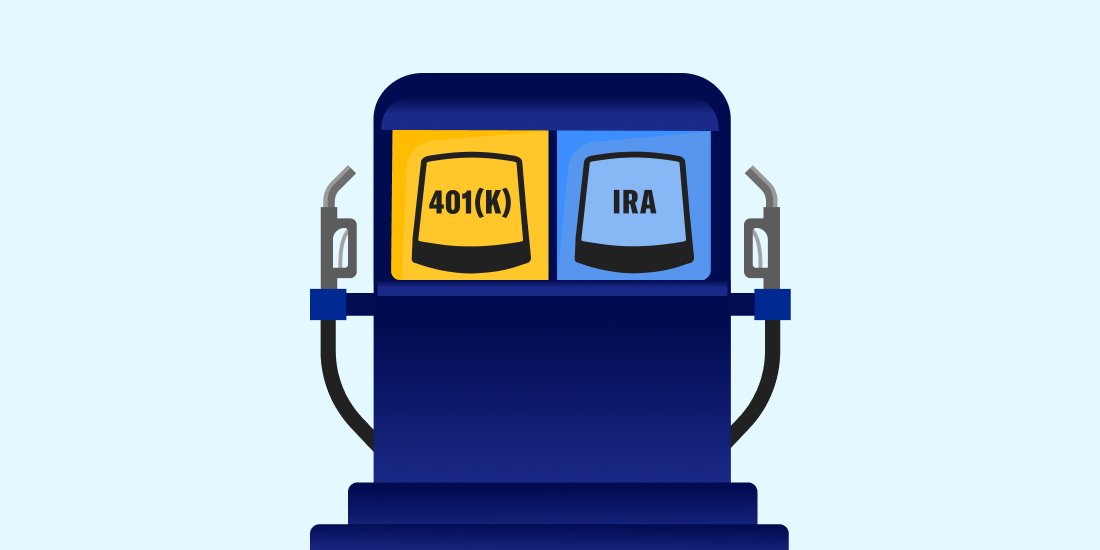Maximizing Your Retirement Savings: 401(k), IRA, or Both?
When it comes to planning for your retirement, the options can seem overwhelming. One common question that arises is whether you should focus on a 401(k), an IRA, or both. Let’s break down the pros and cons of each to help you make the best decision for your financial future.
Understanding Your Retirement Account Options
For most individuals, the choice usually comes down to the 401(k) and the IRA. The 401(k) is typically offered by employers, with a higher contribution limit of $23,000 for 2024. On the other hand, the IRA has a lower contribution limit of $7,000 for 2024 and is available to anyone below certain income limits.
401(k) vs IRA Income Limits
It’s important to note the income limits for both accounts when making your decision. Understanding where your income falls can help guide you in allocating your retirement savings efficiently.
Factors to Consider When Choosing
While the 401(k) offers perks such as employer matching contributions and higher contribution limits, it’s essential to weigh the fees associated with your specific plan. Some 401(k) providers may charge higher fees, affecting the overall growth of your savings.
On the other hand, an IRA might be a better option if you find your 401(k) fees to be excessive. You can contribute to both accounts, maximizing your retirement savings potential if your budget allows.
The Role of a Health Savings Account (HSA)
Don’t overlook the HSA as a retirement savings tool. With triple tax advantages, an HSA can be a valuable addition to your retirement portfolio. If you are enrolled in a high-deductible health plan, prioritize funding your HSA alongside your IRA and 401(k) to make the most of your tax benefits.
Ultimately, the key is to assess your financial situation, consider your long-term goals, and seek guidance from financial advisors if needed. By crafting a well-rounded retirement savings strategy, you can secure a comfortable and financially stable future for yourself.

